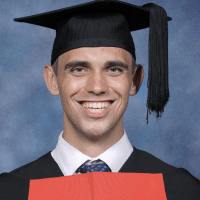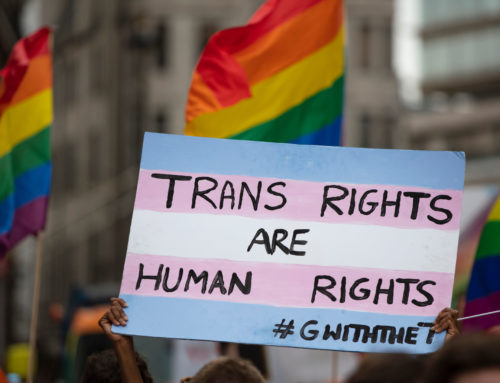The year 2020 had brought not only fear and uncertainty, but also insight and opportunity, in many respects. This can especially be seen in our public healthcare system wherein it was tested to its absolute limits during 2020 and 2021. The raging COVID-19 pandemic had not only strained this system, but also identified the key areas wherein resources, policies and guidelines must be adapted, upgraded and bettered.
For purposes of this article series, it is important to remember that almost 83% of the South African population relies on the public healthcare system. That equates to a figure close to 49 million reliant citizens. The socio-economic circumstances and history of South Africa had caused that Section 27 of the Constitution be enacted which s the deeming provision when it comes to public healthcare provision by the State.
As such a substantial part of the population is reliant on the healthcare services by the State, it is safe to assume that the State is taking all the appropriate measures to ensure the efficient functioning thereof. Yet we all know what the current realities are which people are facing when trying to use these services. Lack of funding, resources, skilled staff and management are merely the tip of the iceberg to a much more deep-rooted problem. When combining these issues with an unpredictable super-virus, it makes for a ticking time-bomb.
Being a Firm specialised in the fields of Medical Negligence and litigation against State and Provincial Departments, we have seen first-hand the havoc which had been caused during the past two years.
A current matter which illustrates this is the tragic passing of Shonisani Lethole at the Tembisa Hospital. Mismanagement, a lack of funding and resources, coupled with medical staff that didn’t seem to care about patient well-being, made up the factors leading to the death of a beloved community member.
On 25 June 2020 Shonisani, whilst admitted at the Tembisa Hospital, had sent a tweet to the Minister of Health stating that “if the problems I have at one of your facilities continues its becoming unbearable and they don’t seem to care. Didn’t eat for 48 hours.” This tweet had spread like wildfire, even more so after Shonisani had passed away four days later at the institution.
The Office of the Health Sector Ombud had launched an investigation into this matter on 6 July 2020. A final report was released on 27 January 2021. The Ombud found the following gruelling realities of the deceased’s stay at the Hospital:
a) In total, the deceased had not been fed for 100 hours and 54 minutes;
b) The deceased was kept in rooms for hours at a time with corpses;
c) The deceased was admitted and treated in Covid-Wards without a positive test confirming he had COVID-19;
d) The deceased’s condition was not properly monitored nor recorded;
e) CPR was not attempted when the deceased’s condition deteriorated; and
f) The overall standard of care that was delivered was deemed to be substandard.
This unfortunately displays the sad reality of our public healthcare system. A system that doesn’t care about the standard of services provided. A system without adequate resources and funding. A system that is broken at its core. It should never be required from a patient to send out a cry for help to the Minister of Health about the conditions in a Hospital.
If the State alleges that it is the Constitutional Right of every citizen to receive adequate healthcare, including both emergency and reproductive healthcare, as envisaged in Section 27 of the Constitution, then how can it be than instances such as the above can take place?
With the current trend of recurrent waves / flare-ups of the pandemic every six months, one can only hope that these shortfalls can be corrected.
The aim of this article series is not to place the provider of the services in bad standing, but rather shed light on the realities and challenges that the system is currently facing.
In memory of Shonisani Lethole.
Marco van der Walt (Author)
Candidate Attorney at Malcolm Lyons and Brivik Attorneys Inc.
Malcolm Lyons and Brivik Attorneys are leading experts in the field of medical negligence law in South Africa. To discuss whether you have a case, contact our offices below:
Telephone:
Cape Town Office:
Telephone: +27(0) 21 425-5570
E-mail: [email protected]
Johannesburg Office:
Telephone: +27(0) 11 268 6697
Email: [email protected]
Contact form:







